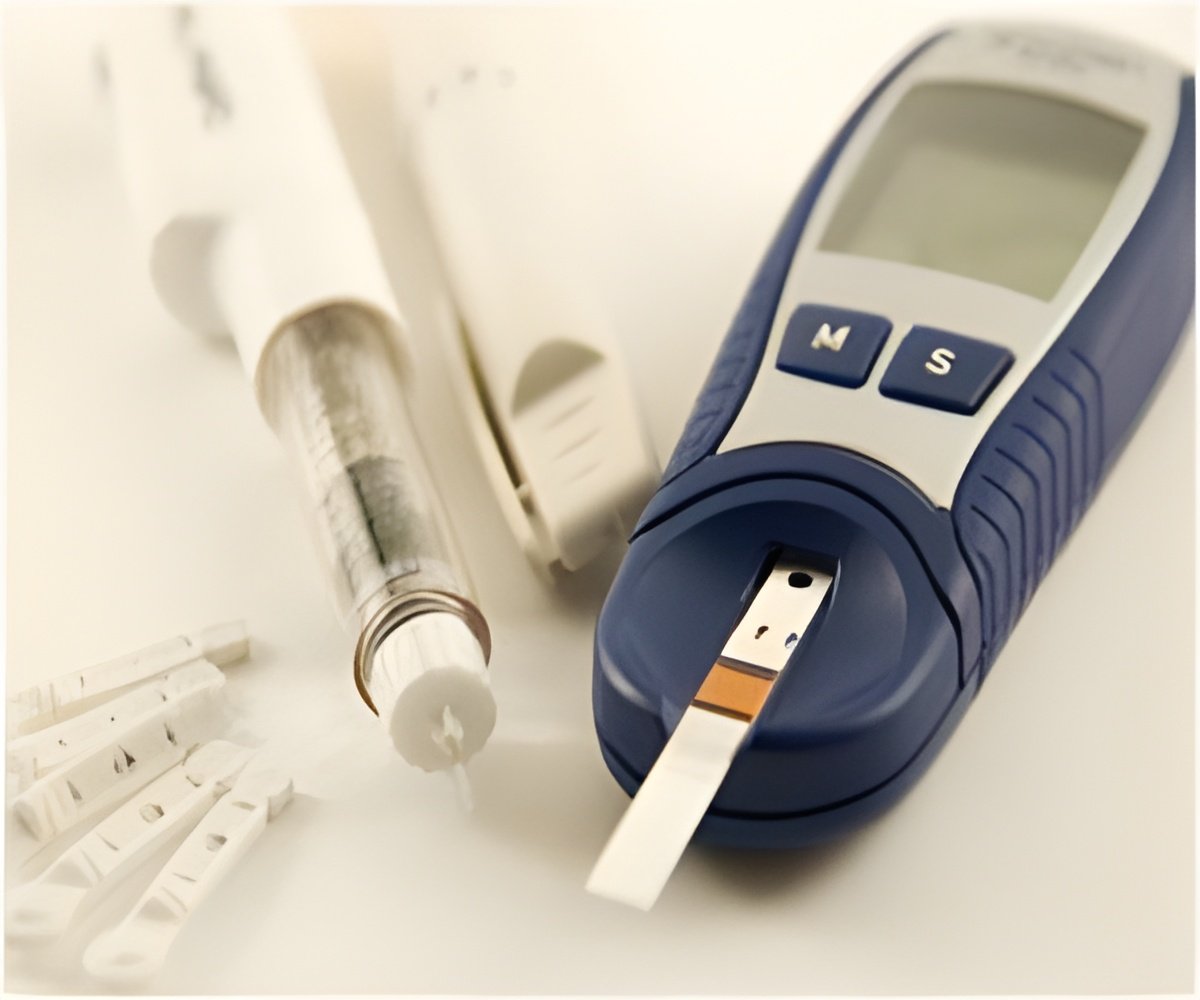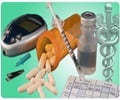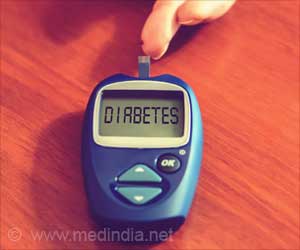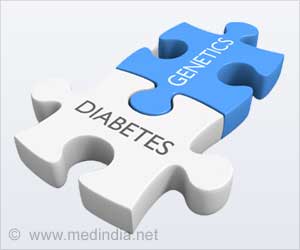A new study reveals that a number of patients who have been newly diagnosed with type II diabetes often feel “left in the dark.”

Dr McKinley and her team explored patient's lifestyle self-management of their diabetes and the opinions of health professionals. With type 2 diabetes being most common in older patients it was commonly reported that it was difficult "to break habits of a lifetime". This barrier to changing lifestyle is partnered with negative views of the 'new' diet, with it viewed as mundane and unappealing. An opinion that was echoed by health professionals:
"it's getting them to hear what you are saying rather than just honing on the 'life's not worth living any more' if they've gotta cut out X,Y and Z" - Dietitian
The research found that advice on physical activity was rarely focused on in the patients experience and highlights the need for health professionals working with patients with diabetes to make a conscious effort to help address this gap in their patient's knowledge.
Dr McKinley states "Patients with type 2 diabetes indicated that there was sometimes a delay between diagnosis and receiving advice about how to self-manage their diabetes. Not surprisingly, many patients felt that they were 'on their own' during this time with no idea what changes to make to their lifestyle or how to set about doing it. It is important that we try to fill this gap with easily accessible information that is specifically designed for people with type 2 diabetes."
With 2.9 million people in the UK diagnosed with diabetes (2) this research highlights the need for improved support between the point of diagnosis and the first visit with a professional for diabetes education. Easy to understand resources and support needs to be developed and made available to patients during this time in order to limit the feelings of isolation presently reported.
Advertisement
Source-Eurekalert















